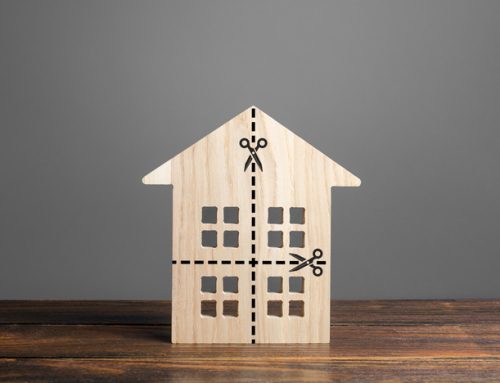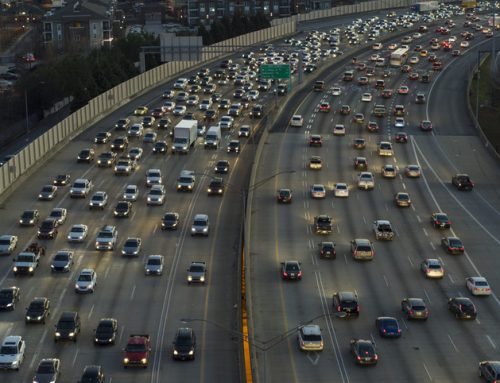A car accident can happen in the blink of an eye, but the consequences often last for weeks, months, or even years. Whether it’s a minor fender bender or a major collision, the steps you take immediately after the accident can significantly impact your physical recovery, financial stability, and legal rights—especially in California, where laws surrounding fault and compensation are complex. This guide breaks down what to do after a car accident and explains when it’s in your best interest to contact a personal injury attorney.
Step 1: Check for Injuries and Call Emergency Services
Your first priority after a crash is safety. Check yourself and any passengers for injuries. If anyone is hurt—or if there’s any doubt—call 911 immediately. California law requires drivers to report accidents that result in injury, death, or significant property damage.
Even if you feel fine, don’t refuse medical attention. Some injuries, like whiplash or internal bleeding, may not show symptoms right away. According to the Mayo Clinic, whiplash symptoms can take days to appear. Having a medical record created at the scene can also strengthen any future personal injury claim.
Step 2: Exchange Information and Document the Scene
Once you’re safe and able, exchange the following details with the other driver:
-
Full name and contact information
-
Driver’s license number
-
License plate number
-
Insurance provider and policy number
Next, document everything. Take photos of the vehicles, road conditions, visible injuries, skid marks, and traffic signs. If there are witnesses, get their contact information. These details can be vital evidence when determining fault, as emphasized by the National Safety Council.
Step 3: Understand Your Legal Obligations in California
California follows a pure comparative fault system, meaning each driver can be held partially responsible for an accident. This affects how much compensation you’re eligible to receive. For example, if you’re found 20% at fault, your compensation will be reduced by that amount. This principle is explained clearly by Nolo, a respected legal resource.
California also requires drivers to report any accident involving injury or property damage over $1,000 to the Department of Motor Vehicles (DMV) within 10 days using Form SR-1. Failing to do so can lead to license suspension, regardless of fault.
Step 4: Notify Your Insurance (But Choose Your Words Carefully)
You should report the accident to your insurance company as soon as possible, but be cautious with your language. Avoid admitting fault or speculating about what happened. Stick to the facts: time, location, vehicles involved, and whether police or medical personnel responded.
The Insurance Information Institute (III) advises drivers to let their insurer conduct the investigation and to avoid discussing fault until all evidence is reviewed. Anything you say could be used to justify a lower settlement or deny your claim.
Step 5: Why Speaking with a Personal Injury Lawyer Matters
Even seemingly straightforward accidents can turn legally complicated. Injuries may worsen over time, the other driver may dispute fault, or your insurance company might offer a lowball settlement. This is where a personal injury attorney becomes essential.
A qualified lawyer can:
-
Investigate the accident and gather evidence
-
Handle communications with insurers
-
Calculate the full value of your damages (medical bills, lost wages, pain and suffering)
-
Negotiate aggressively for a fair settlement
-
File a lawsuit if necessary
If you’ve been injured in a car accident and aren’t sure what your rights are, it’s worth consulting with an experienced personal injury lawyer in California like Banner Attorneys to understand your legal options before speaking with insurance adjusters.
Protecting Yourself After a Crash
California’s legal system can be unforgiving for those who try to navigate it alone after an accident. From dealing with insurance companies to calculating long-term damages, there’s a lot at stake. By acting quickly, documenting everything, and seeking legal guidance early, you can protect both your health and your financial future.





Leave A Comment